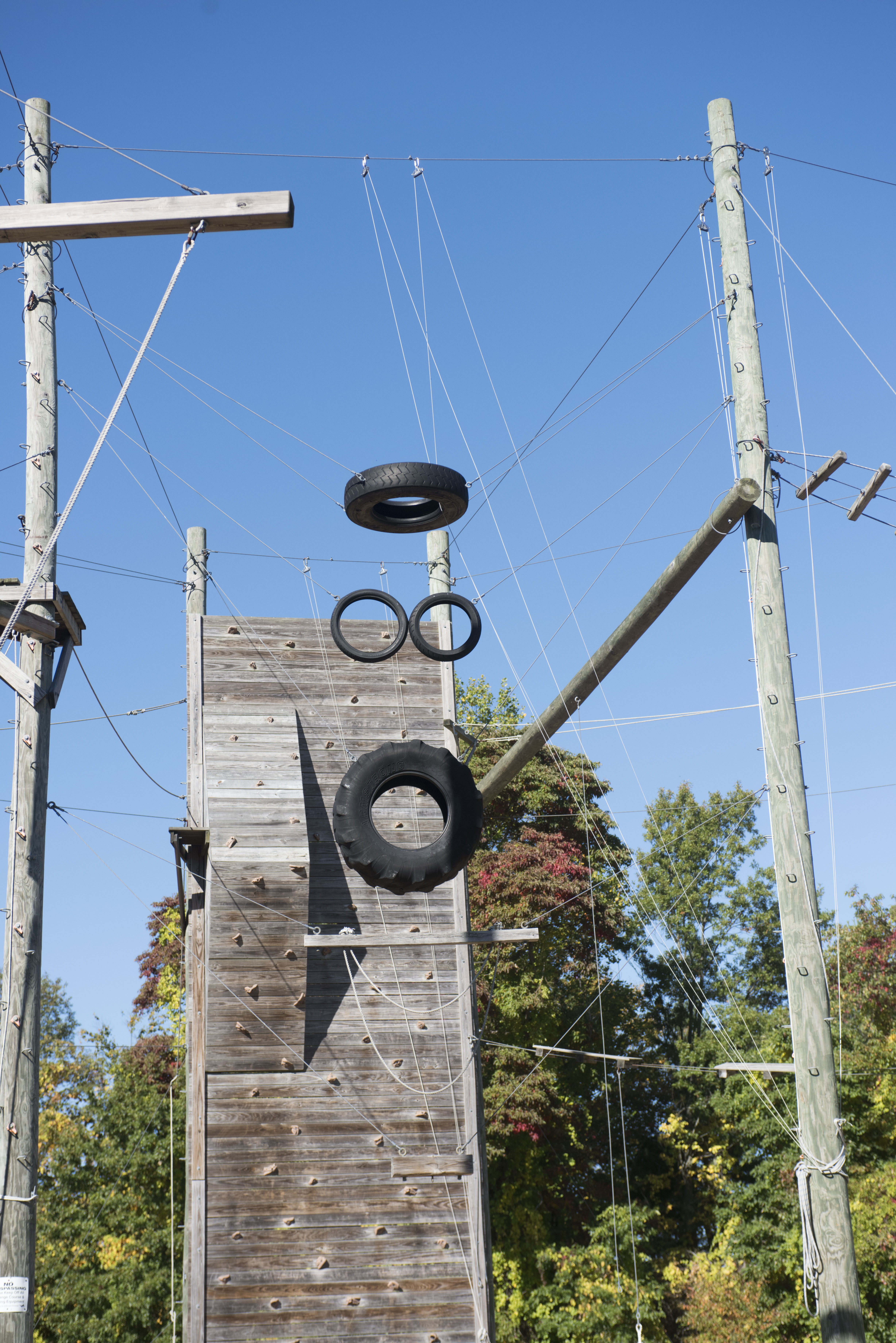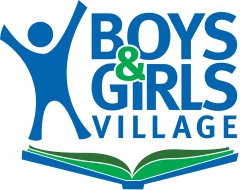project adventure


Adventure based counseling is a group counseling model that uses a series of experiential activities to elicit behavioral change. Adventure based programming challenges youths to accomplish fun individual and group tasks through planning, analyzing, organizing and learning how to effectively communicate with each other. Participants’ ages, needs and challenges help decide what activities students undertake. Based on the Project Adventure learning model, all activities provide:
- A consistently high, but accomplishable, level of expectation
- An atmosphere of mutual support, where cooperation, encouragement, safety and interpersonal concerns are stressed
- An emphasis on group problem-solving, where rewards are given for team effort rather than individual success or competition
- An increased sense of personal confidence. By attempting a progressive series of activities involving emotional and physical risk, a person may begin to develop true self esteem.
- Increased mutual support within a group. The PA curriculum is based on the assumption that anyone who conscientiously tries should be respected. Success and failure are less important that the effort that is being made. A cooperative and supportive environment encourages participation.
- An increased level of agility and coordination. A person, adult or child, who perceives themselves as physically awkward, often sees themselves as inadequate in other ways; successfully completing activities can give a feeling of accomplishment and personal worth to the participant.
- An increased joy in one’s physical self and in being with others. Programming is an opportunity for participants to recognize that they are physical beings and using their bodies can be a cheerful, satisfying, and an unambiguous experience.
Adventure based counseling is used in our residential programs as well as at our Charles F. Hayden School.
